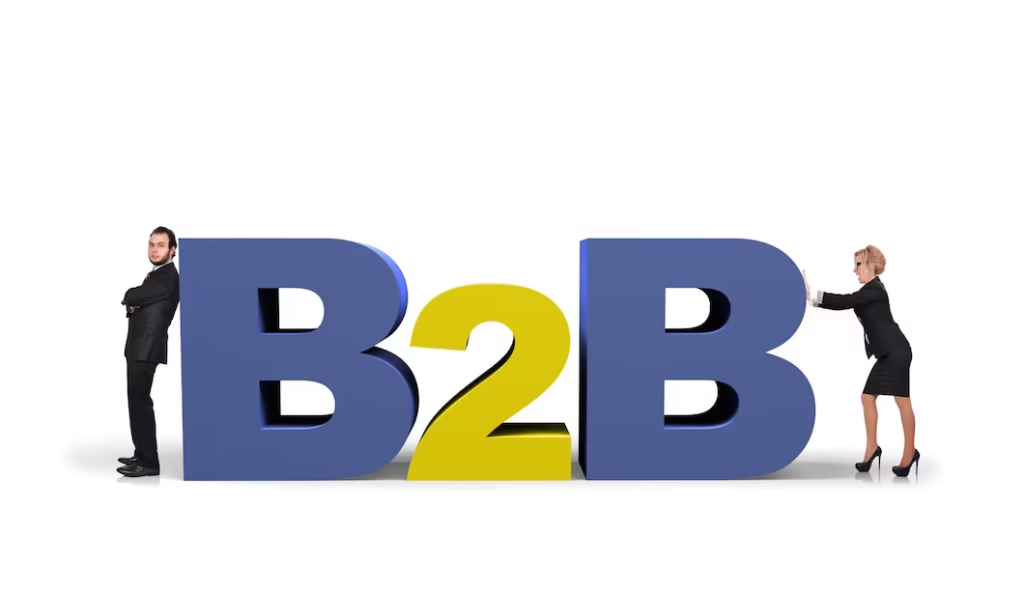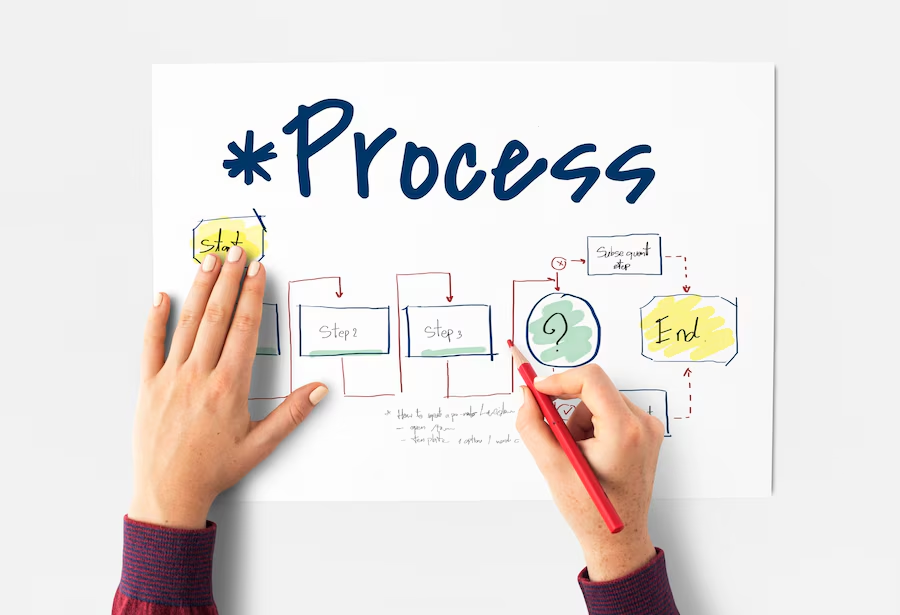Content marketing for B2B companies isn’t just about creating blog posts or whitepapers. For niche businesses targeting a specialized audience—like AI tools for law firms or SaaS solutions for logistics—the approach must be precise, scalable, and resource-efficient.
But here’s the challenge: limited internal resources, small teams, and often, highly technical subject matter. That’s why niche B2B companies need a lean yet scalable content marketing strategy—one that works today, and continues to grow with them tomorrow.
Understanding the B2B Niche Landscape

Unlike B2C or broad-market B2B companies, niche B2B businesses don’t compete on flashy content or mass appeal. Instead, success hinges on relevance and authority.
Why Niche B2B Requires a Focused Approach:
- Smaller total addressable market (TAM)
- Highly specific buyer personas
- Need for trust-building through expertise
Examples of niche B2B sectors:
- AI-based fraud detection for fintech
- SaaS for HR compliance
- Procurement automation for manufacturing
The content strategy must reflect that narrow focus—educating, attracting, and converting a specific audience segment.
Core Elements of a Lean B2B Content Strategy

1. Define a Sharp Value Proposition
Before writing anything, get crystal clear on your unique value proposition. What pain point are you solving? What transformation do you deliver?
- Align this with customer interviews and sales team insights.
- Keep messaging consistent across all content formats.
2. Use Subject Matter Experts (SMEs) Efficiently
Niche B2B topics often require technical accuracy. Use your in-house experts smartly.
- Conduct short interviews or voice notes instead of asking them to write.
- Use SME interview templates with pre-written questions.
- Turn insights into ghostwritten blog posts, guides, or FAQs.
3. Prioritize Evergreen, Bottom-of-Funnel (BOFU) Content First
Skip the “Why content marketing matters” fluff.
- Focus on content like:
- Product comparisons (e.g., “Tool A vs Tool B for [Industry]”)
- Case studies
- Implementation guides
- Industry-specific use cases
These convert faster and support sales directly.
4. Set a Repurposing System from Day 1
Every content asset should have a life beyond its original format.
- A single webinar = 1 blog post, 3 LinkedIn posts, 1 email, and 1 lead magnet.
- Use tools like:
- Notion for content calendars
- Descript for transcripts and video snippets
- ChatGPT for summaries and post variations
Lean Content Creation & Distribution Workflow

Instead of publishing weekly just to stay active, publish strategically.
Example Lean Workflow:
- Interview SME → Write blog
- Extract 2 quotes → Create LinkedIn graphics
- Turn blog into a 2-minute explainer video
- Email the blog + video to your list
- Repurpose into a PDF checklist for lead capture
Tools to Simplify:
- Google Docs, Grammarly, and ChatGPT for writing
- Canva for graphics
- Buffer or Hootsuite for scheduling
Outsourcing Tip: Keep strategic content in-house (e.g., product-focused articles), but outsource SEO writing or repurposing tasks to freelancers.
Scalable Tactics Without a Big Budget

1. SEO Strategy for Long-Tail Keywords
Niche B2B audiences are search-savvy. Use long-tail, intent-driven keywords.
- Tools: Ubersuggest, Ahrefs, or even Google Auto-Suggest
- Focus on “how to,” “template,” and “checklist” style queries
Example: Instead of targeting “HR software,” go for “HR compliance checklist for small logistics firms.”
2. Smart Distribution Over Paid Ads
Paid ads get expensive fast—and may not convert for B2B.
- Use founder or team LinkedIn accounts to share insights, not just links.
- Join niche Slack groups, forums, or communities where your audience hangs out.
- Guest post in industry newsletters or trusted niche publications.
3. Lead Capture with Minimal Dev Work
You don’t need complex funnels to gather leads.
- Use ConvertKit, Typeform, or Mailerlite to build forms
- Embed lead magnets (checklists, calculators, guides) in high-traffic posts
- Use Notion or Google Drive to host downloadable assets
Gated vs. ungated? Gating bottom-funnel content (e.g., toolkits, demos) works well in B2B. Keep most awareness content ungated for SEO reach.
Read More: How to Create a Social Media Marketing Plan
Real-World Examples (Mini Case Studies)

✅ Company A: SaaS for HR Compliance
- Created 3 product-focused blog posts and 1 whitepaper
- Promoted via LinkedIn and email
- Result: 40 demo signups/month within 90 days
✅ Company B: B2B Logistics Tool
- Repurposed one customer webinar into 5 LinkedIn posts, 2 blogs, and a guide
- Built a consistent content schedule using SMEs
- Grew from 0 to 1,500 email subscribers in 6 months
✅ Company C: Legaltech Startup
- Used short-form SME interviews to publish a “Weekly Insights” blog
- Created a gated content hub from curated blog series
- Result: Increased site engagement by 60% and added 300+ MQLs in 4 months
Common Pitfalls to Avoid
- ❌ Writing about random topics without keyword or persona research
- ❌ Focusing only on awareness content without clear conversion paths
- ❌ Ignoring alignment between marketing and sales teams
- ❌ Trying to scale before you’ve built a content system or repurposing process
Remember: consistency and strategic depth beat frequency.
A lean content strategy doesn’t mean cutting corners—it means cutting waste. For niche B2B companies, focused, expert-driven, and evergreen content can outperform a bloated content calendar any day.
Your goal should be simple: Create less. Repurpose more. Convert faster.
Grab Our Free Lean Content Strategy Planner for B2B Teams
Download our plug-and-play Notion template to start building your scalable content workflow today.


